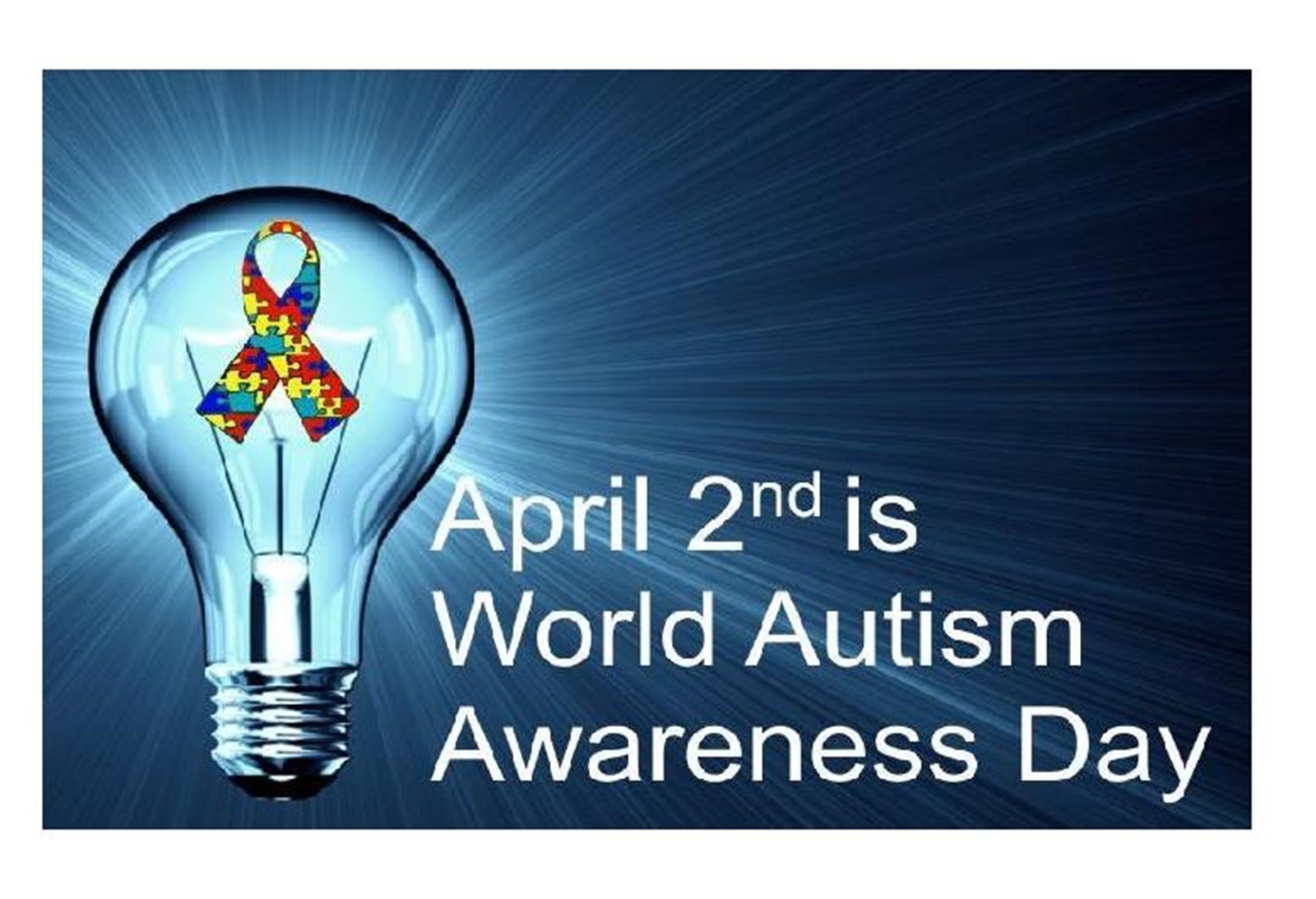
by medicaltechont | Jul 16, 2023 | Pandemic, World
Even as U.S. policy makers and business leaders seek to put the COVID pandemic in the rearview mirror with the help of highly effective vaccines, a fundamental policy and planning gap is looming. Many who survive the initial viral illness suffer debilitating long-term sequelae.
Unlike the common cold or even influenza, this virus causes a bewildering array of symptoms that persist long after the acute illness is resolved and can render some affected unable to resume their usual activities. As scientists and clinicians continue to delineate the “long-haul” course of COVID, policy makers and planners must anticipate and prepare for the impact of this new cause of disability, including its implications for federal and private worker’s compensation and disability insurance programs and support services.
Click here to read more.

by medicaltechont | Jul 2, 2023 | Healthcare, Pandemic, World
Understanding Long-COVID and its Impact
As the world continues to grapple with the aftermath of the COVID-19 pandemic, a concerning phenomenon known as long-COVID has emerged. Long-COVID refers to the persistence of symptoms and health issues that extend beyond the acute phase of the illness, affecting individuals who have recovered from COVID-19. Ongoing medical research is shedding light on this complex condition, uncovering new developments and insights into its long-term effects.
Persistent Symptoms: Unraveling the Lingering Effects of Long-COVID
Studies have shown that long-COVID can manifest in various ways, with individuals experiencing a wide range of symptoms that can last for weeks, months, or even longer. Fatigue, brain fog, shortness of breath, joint pain, and anxiety are just a few examples of the persistent symptoms reported by long-COVID patients.
The exact mechanisms behind these symptoms are still being explored, but researchers believe that a combination of factors, including viral persistence, dysregulation of the immune system, and inflammation, may contribute to the prolonged health issues experienced by these individuals.
Treatment Strategies: Addressing Symptoms and Improving Quality of Life
Medical professionals and researchers are actively working to understand and address the challenges posed by long-COVID. Efforts are underway to develop effective treatment strategies and rehabilitation programs to alleviate symptoms and improve the quality of life for those affected.
Additionally, initiatives are focused on identifying risk factors, predicting outcomes, and developing guidelines for long-term management of this condition.
Looking Ahead: Hope for Improved Understanding and Care
The evolving landscape of long-COVID research brings hope for improved understanding, treatment, and support for individuals dealing with its lingering effects. By staying informed about the latest developments, we can contribute to the collective effort to combat the long-term consequences of COVID-19 and provide better care for those affected by long-COVID.

by medicaltechont | Feb 2, 2020 | Emergency, World
The situation globally has now changed. A man from Wuhan China dies in a Philippines hospital. The outbreak of the novel coronavirus illness has now killed over 300 patients.

by medicaltechont | Apr 2, 2016 | Autism, Technology, World
Harrison Czapalay, 22, has been a driving force behind marking World Autism Awareness Day in Wolfville
Harrison Czapalay is hoping people in Wolfville, N.S., light the sky up blue Saturday night.
Czapalay, 22, has autism and he’s encouraging residents and businesses to put blue lights outside their front doors for one night to mark World Autism Awareness Day.
“I really want to see Wolfville lighten up blue Saturday night. That would be awesome,” he said Thursday.
“All around the world there will be different structures lit up blue on the evening of April 2nd.”
Read more at http://www.cbc.ca/news/canada/nova-scotia/wolfville-lighting-it-up-blue-for-autism-awareness-1.3515795

by medicaltechont | Feb 14, 2015 | Canada, Dubai, World
Canadian Specialist Hospital (CSH), one of the leading private sector hospitals in the UAE, has won the topmost rating from Dubai Health Authority (DHA) for progress made in electronic documentation in line with international best practices in integrating information technology for improved patient care.
The DHA evaluation of the level of electronic documentation of medical records in hospitals was based on the internationally accepted Electronic Medical Record Adoption Model (EMRAM). The evaluation process also coincides with Dubai’s ‘Smart City’ initiative, aimed to transform the city into one of the smartest in the world by providing seamless access to various services and utilities across high speed wireless internet.
Electronic Medical Records (EMR) enable hospitals and clinicians to maintain and track data over digital devices to identify and monitor patients for preventive visits, screening and timely intervention. With the paperless system, authorised persons can update data using the Hospital Management System (HIS) anywhere in the hospital so that for doctors, nurses and care-givers have quick and easy access to real-time patient information.
Read more






